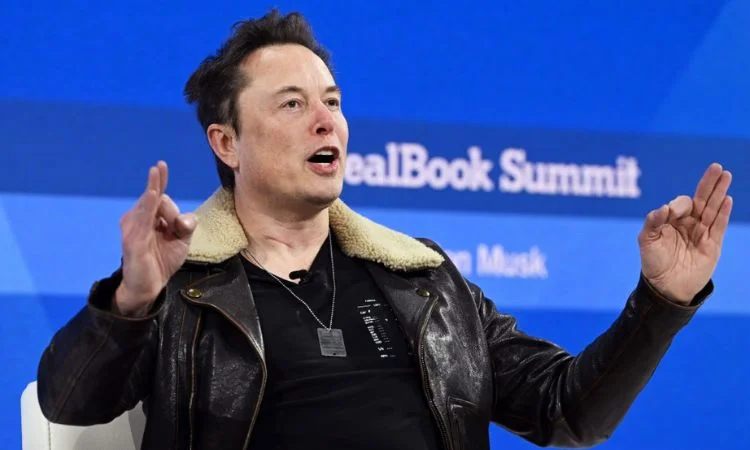In a significant judgment handed down by the Court of Chancery of Delaware, Chancellor Kathaleen St. Jude McCormick invalidated the mammoth $56 billion compensation package granted to Elon Musk by Tesla’s board of directors. The decision comes as the culmination of a shareholders’ lawsuit against Musk and Tesla’s board that has been ongoing for over five years now.

The lawsuit alleged that Musk had essentially dictated the terms of the compensation package himself and that the board had failed to properly evaluate its fairness and reasonableness. It was argued that Musk’s established ties with certain board members involved in negotiating the package compromised their ability to act independently in Tesla’s best interests. Musk had denied orchestrating the package’s design or being present for any related discussions.
However, in her 200-page verdict, Chancellor McCormick found numerous faults with the process of approving Musk’s pay deal. She observed that Elon Musk‘s position as Tesla’s dominant shareholder necessitated stricter scrutiny of any compensation granted to him due to his inherent conflicts of interest. McCormick highlighted Musk’s close connections with certain directors on the compensation committee, including his previous divorce attorney who acted as a liaison between Musk and the board.
The Chancellor opined that this relationship cast doubts on whether the attorney represented Tesla’s interests impartially during negotiations. She also noted the lack of independent consultants involved and deficiencies in documentation presented to justify the package’s terms. Based on these findings, McCormick concluded that the method of approving Musk’s pay was “deeply flawed” and resulted in an unjust outcome favoring Musk alone.
Consequently, she ruled in favor of the plaintiffs seeking to invalidate the compensation agreement. This landmark decision revokes what would have been the largest pay package ever awarded to an executive in corporate history. Musk had criticized the judgment on Twitter, taking aim at Delaware’s laws regarding company incorporation.
Tesla’s stock price dipped slightly in extended trading following the verdict. Analysts have termed the ruling an unprecedented legal setback for both Tesla and Musk that casts doubt on the board’s judgment. It establishes stricter standards for reviewing compensation awarded to executives with conflicts of interest. Going forward, it will now be more difficult for Musk to negotiate another lucrative pay deal with Tesla. The judgment underscores the need for robust checks and balances in such situations.
Overall, Chancellor McCormick’s verdict in this matter sends a clear message that dominant shareholders and boards must ensure compensation decisions are reached through demonstrably fair and impartial processes to withstand legal scrutiny, especially when large sums are involved. It signals a shift towards heightened governance of executive pay.















